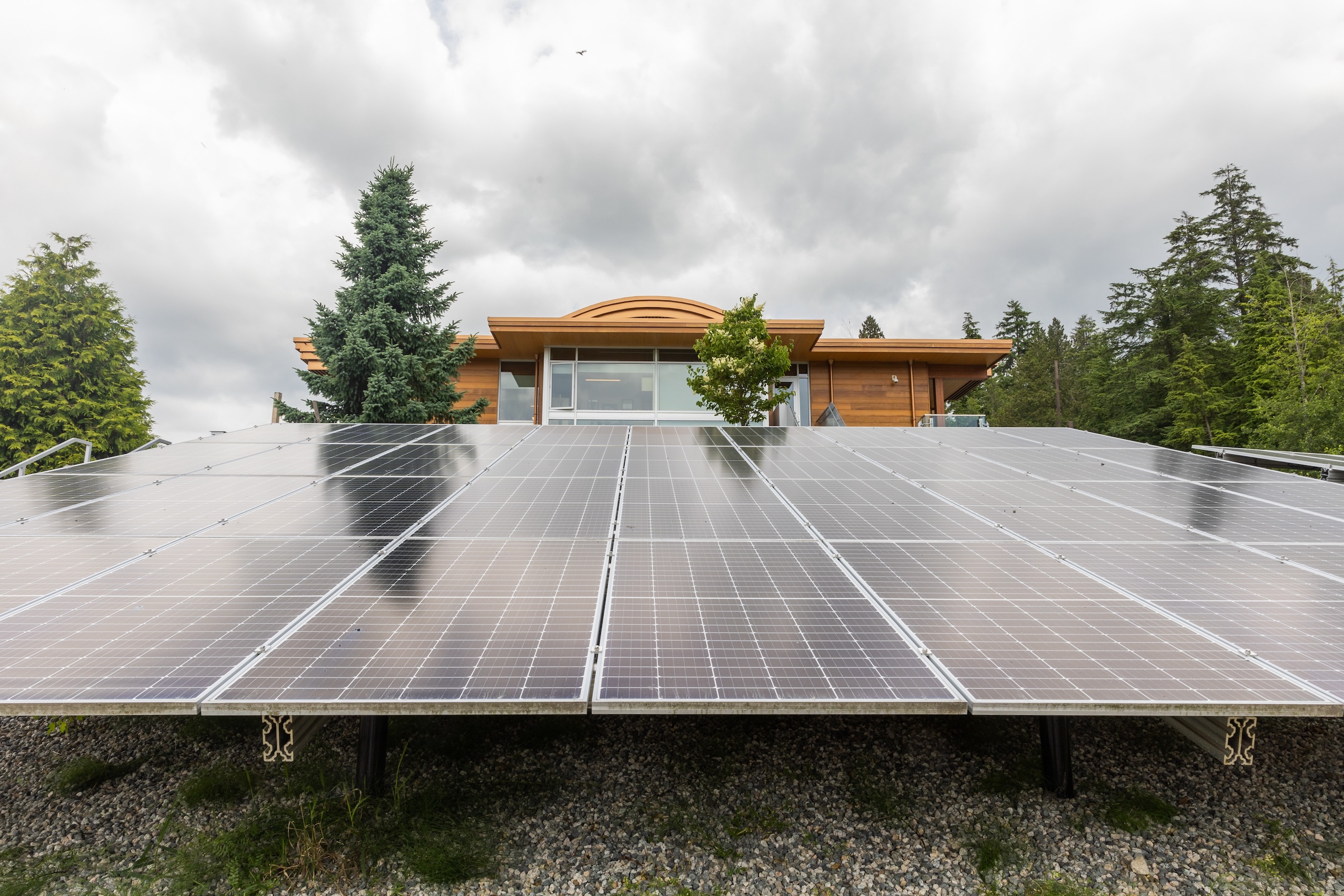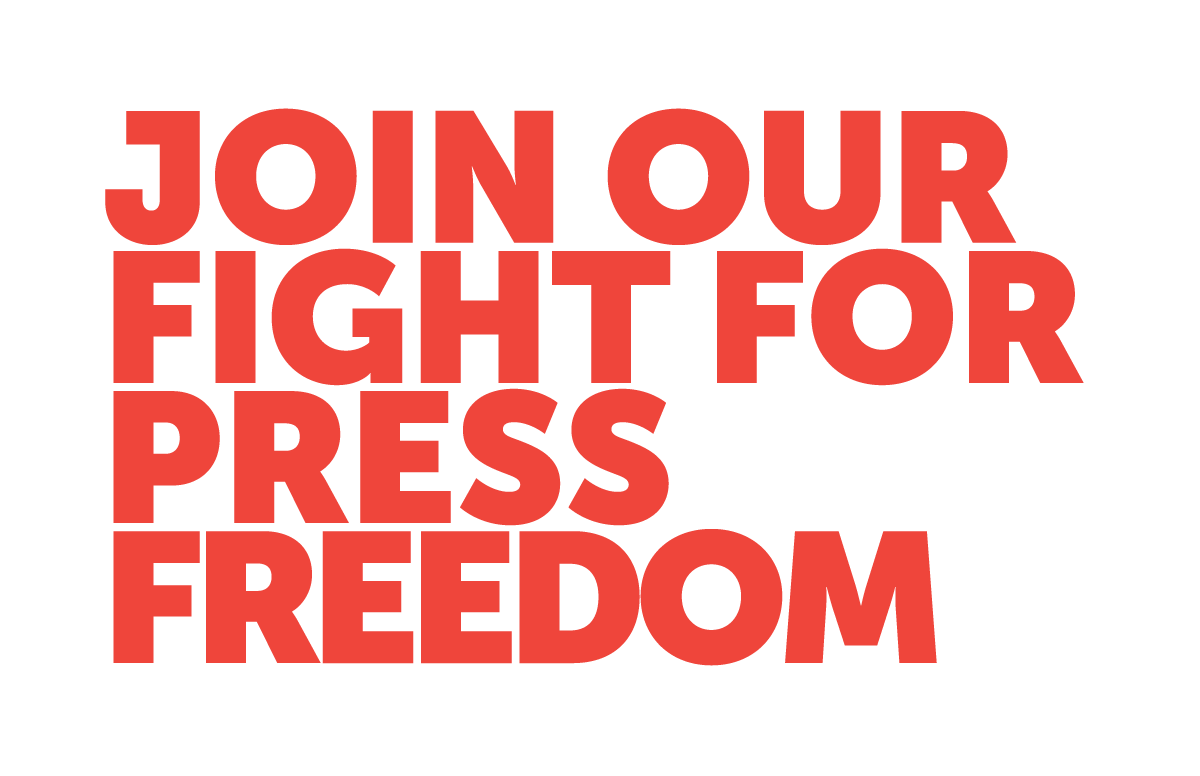Get the inside scoop on The Narwhal’s environment and climate reporting by signing up for our free newsletter.
In his first weeks in office, U.S. President Donald Trump launched rapid attempts to dismantle American institutions and threaten longstanding economic partnerships, compelling Canadians to consider new ways forward. Energy has reasonably taken center stage in discussions about Canada-U.S. economic interdependence, with Trump’s threat of a 10 per cent tariff on Canadian energy, including oil and gas, electricity and critical minerals, still looming.
While much discussion in Canada has centred on reviving defunct plans for cross-country pipelines, using this moment of opportunity to further expand oil and gas infrastructure would be a mistake. Climate change and its increasingly deadly impacts are a matter of national security too, and it’s untrue that Canadians must sacrifice one priority for the other. A coordinated, national push to expand the production and transmission of renewable energy, including wind and solar, would mitigate against climate change while bolstering the country’s economic independence. To ensure its long-term safety and security, Canada must prioritize decarbonization, now more than ever.

Calls to dramatically increase renewable energy capacity across the country are not new, but the anxiety created by Trump’s erratic decisions could work to nudge decision-makers further away from the idea that clean energy is a partisan issue. Canadians support clean energy — a recent poll from Environmental Defence found more than half of Canadians support the prioritization of renewable energy sources over fossil fuel production. Instead of propping up oil and gas at the expense of communities, we have an opportunity to take bold climate action. A recurring critique of the federal government’s proposed emissions cap for the oil and gas industry is the risk it could restrict cross-border trade — this grows increasingly irrelevant as the Trump administration threatens flows across the border.
The transition is already happening. A recent report from the Canadian Renewable Energy Association shows that wind, solar and energy storage sectors have grown by 46 per cent in the last five years, and are expected to keep growing. Still, solar accounted for just 0.5 per cent, and wind 6.1 per cent, of Canadian electricity generation in 2023, leaving huge potential in the country’s “massive, untapped wind and solar resources,” according to the report.
Trade disruptions pose risks to the growing industry, given the extent of integration across energy systems in Canada and the U.S. In addition to American refineries’ need for heavy Canadian crude oil, materials from Canada are essential to U.S. renewable energy development. That includes imports of steel and aluminium, which Trump slapped with a 25 per cent tariff this week. While tariffs pose a risk to the entire renewable energy industry, experts also point to opportunities for innovation and domestic growth.
As the Trump administration attempts to hinder wind energy development and freezes hundreds of billions of dollars in congressionally mandated funding aimed at boosting renewable energy, electrification and environmental justice, Canada should double down on efforts to build a reliable and equitable domestic energy system. In addition to more renewable energy supply, we will need to build substantial transmission infrastructure within and between provinces. We’ll need to update grids, provide incentives for domestic manufacturing and revisit approaches to land use conflicts.
Fossil fuel prices will continue to fluctuate with geopolitics, and their impacts on global climate will create planetary conditions that grow increasingly deadly. The best response is one that builds a national, coordinated effort to support an equitable renewable energy transition.



